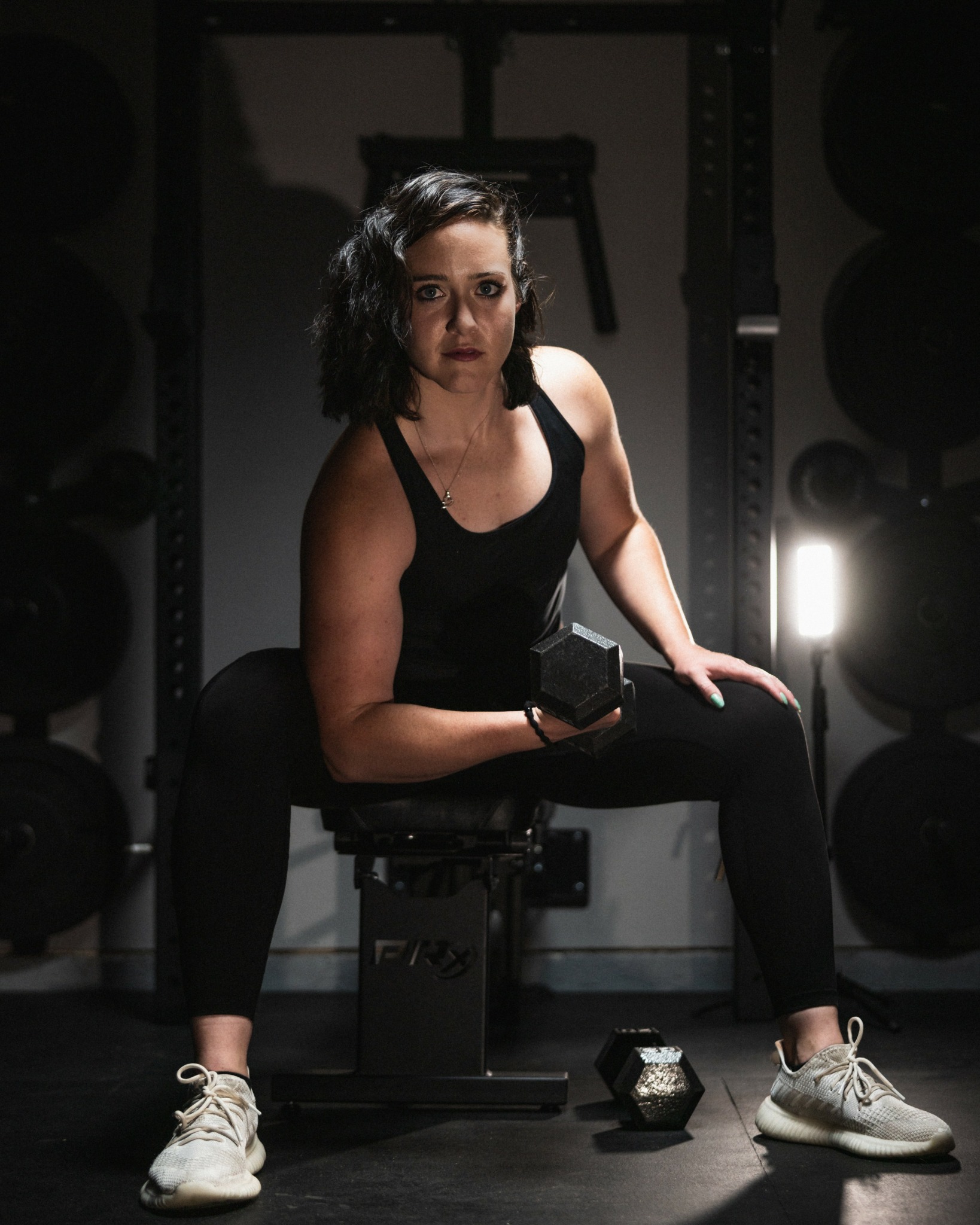We recently connected with Lyss Conway and have shared our conversation below.
Lyss, thanks for taking the time to share your stories with us today Do you think your parents have had a meaningful impact on you and your journey?
My parents have been my greatest supporters, consistently championing and challenging me in every season of life. Growing up, my sisters and I were taught to work hard as unto the Lord, to go out and be the light we were called to be, to be the change we wanted to see in the world, to love others with the love of Jesus, and to faithfully step into what we were made to do.
These values were instilled in us in every area of life—whether playing basketball at the high school, competing in club volleyball, serving at church or camp, singing in choir, or even running errands at the store. My parents, who often coached our teams, encouraged us to lead both on and off the court, to embody a strong work ethic, and to uplift others through our words and actions.
Beyond sports, my parents modeled hard work and servant leadership through their carpet cleaning and janitorial business. My sisters and I often joined them on job sites, helping with cleaning when needed or assisting with administrative tasks like addressing letters and shredding papers. We learned that no task was too small, and that excellence in the mundane was as important as excellence in the spotlight. This mindset extended to home projects, from backyard landscaping to helping friends and family with moves, teaching us the value of showing up and serving diligently wherever we were needed.
Because of my parents, I have the confidence to approach life with boldness, grounded in the knowledge of my calling to share the light of Jesus. They taught me that living out that calling often looks like hard work, quiet faithfulness, and leadership in the everyday moments. Their example has shaped who I am, and I carry their legacy of hard work, faith, and service into everything I do today.
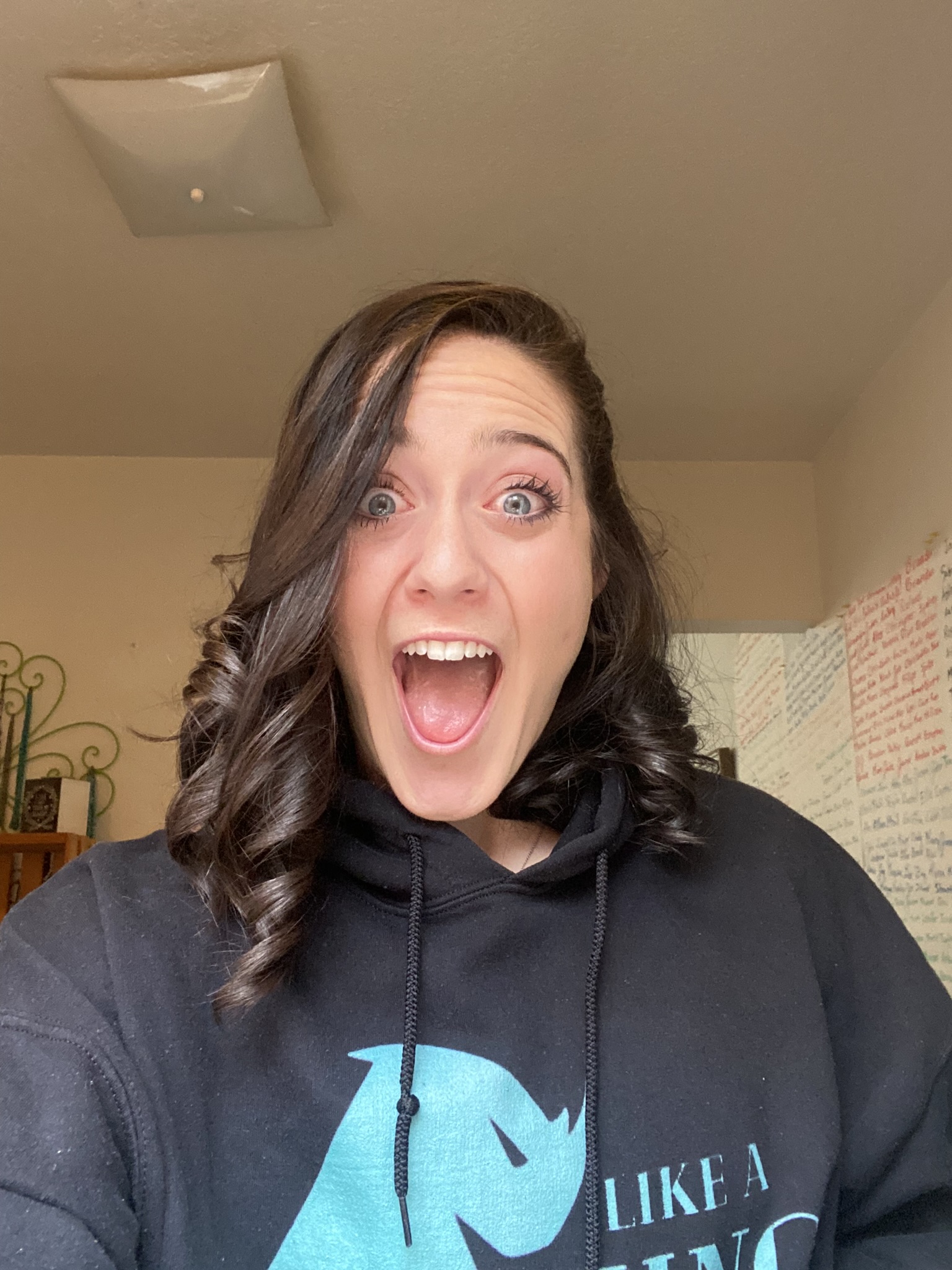
As always, we appreciate you sharing your insights and we’ve got a few more questions for you, but before we get to all of that can you take a minute to introduce yourself and give our readers some of your back background and context?
Since childhood, I’ve been drawn to anything athletic. Growing up with a dad who was a college athlete meant our home was filled with energy—wrestling in the living room, throwing balls in the yard, and attending my parents’ and sister’s volleyball and basketball games regularly. As a homeschooler, our P.E. often meant morning gym sessions with my mom, where we had fitness goals tied to our grades. It was during those early years that I discovered a love for strength and the empowering feeling that came with it.
However, alongside that love for movement, I also faced struggles with body image and weight from a young age. Looking back, I see how I was often trying to lose weight, with incentives tied to pounds or inches lost. While not always the healthiest approach, my family was navigating wellness with the knowledge we had at the time.
As my passion for fitness grew, so did my interest in the human body. I chose electives like anatomy and physiology in high school, and after graduating, I initially pursued a path toward physical therapy. However, I quickly realized that traditional testing environments weren’t where I thrived, so I pivoted to studying Health and Physical Education, minoring in Athletic Training, and earned my certification in Emergency Medical Services.
During this time, I felt a call toward vocational ministry and explored avenues to serve, but doors weren’t opening as I expected. It was in this season that the idea of personal training came to my heart. I loved the human body, I loved helping others, and I felt called to make a tangible impact on people’s lives. Through a connection with a friend, I landed an interview at a small gym in Albuquerque and was offered a personal training position on the spot.
After a year of personal training, I stepped into full-time vocational ministry, yet found myself returning to part-time training shortly after, realizing my deep desire to help people transform their lives physically, mentally, and spiritually. This led to the birth of Like A Rhino—my faith-based online fitness coaching company.
Why “Like A Rhino”? Rhinos are tough, thick-skinned, and resilient, yet they also need their moments to slow down and rest—just like us. One of my favorite facts about rhinos is that they can only see about 30 meters ahead, which means they must adjust quickly to whatever comes their way while charging forward. This is exactly what I encourage my clients to do: to keep moving forward, to pivot when obstacles arise, and to actively make changes that align with their goals rather than waiting for circumstances to shift on their own.
In the past few months, we’ve begun intentionally incorporating faith into fitness, which has quickly become one of my favorite aspects of Like A Rhino. We all have a deeper “why” behind our goals, and when we align our habits with who we are called to be in Christ, the journey becomes richer and more transformative. It’s about connecting the dots, structuring life with purpose, and enhancing every moment for the health of the mind, body, soul, and spirit.
Seeing my clients experience transformation not just physically but spiritually has been one of the greatest joys of this work. At Like A Rhino, we aren’t just training bodies; we’re building resilient, faith-fueled individuals who are equipped to charge forward into the life God has called them to live.

Learning and unlearning are both critical parts of growth – can you share a story of a time when you had to unlearn a lesson?
A significant lesson I’ve had to unlearn is the belief that I have to say “yes” to everything—and that if I don’t, I’m somehow letting people down or missing out on opportunities I should be grateful for. This mindset was deeply tied to imposter syndrome for me. I felt that if I didn’t take on every opportunity, task, or request, people would realize I wasn’t as capable as they thought, or I’d lose my place at the table.
I’ve always been someone who wants to help, to show up for others, and to make a difference wherever I can. That’s a beautiful trait, but I found myself running on empty, saying “yes” out of fear of disappointing people rather than out of alignment with God’s calling for my life. I was constantly trying to prove that I belonged in the spaces I was in, taking on more than I could realistically handle, and battling exhaustion in silence.
Through seasons of burnout and reflection, I’ve learned that not every good opportunity is a God opportunity. Boundaries are not a sign of weakness but a mark of wisdom and stewardship. I had to learn that my worth is not determined by how much I do for others but by who I am in Christ. Saying “no” when needed allows me to show up fully and faithfully in the areas where I am truly called, rather than scattering myself across commitments that drain my capacity to serve well.
Unlearning the need to say “yes” to everything has opened up space in my life for rest, intentionality, and deeper impact. It’s teaching me to trust that I am equipped and called, even when I don’t feel like I measure up, and that God will continue to open the right doors in the right timing—doors I don’t have to force open by proving my worth.
A brief example: There was a season when I was working full-time in the office with my parents, going to school for emergency medicine, serving in four different areas at my church, leading a small group weekly, going two-stepping, staying consistent in the gym, playing on a volleyball team, and leading a team at church that required a weekly meeting. I was saying “yes” to everything, trying to be everywhere for everyone, and I was exhausted.
The turning point came when a mentor saw how overwhelmed I was becoming and shared some wisdom in the form of a “red light, green light” system:
Green: What can only you do? Keep those.
Yellow: What are you doing now that you could coach someone else to do? Train them and let it go.
Red: What can someone else do? Release it.
Since then, I haven’t been perfect in this, but I’ve learned to say “yes” with intention and “no” with peace. I’m learning that boundaries allow me to show up fully where I’m truly called, and I don’t have to earn my worth by saying “yes” to everything.
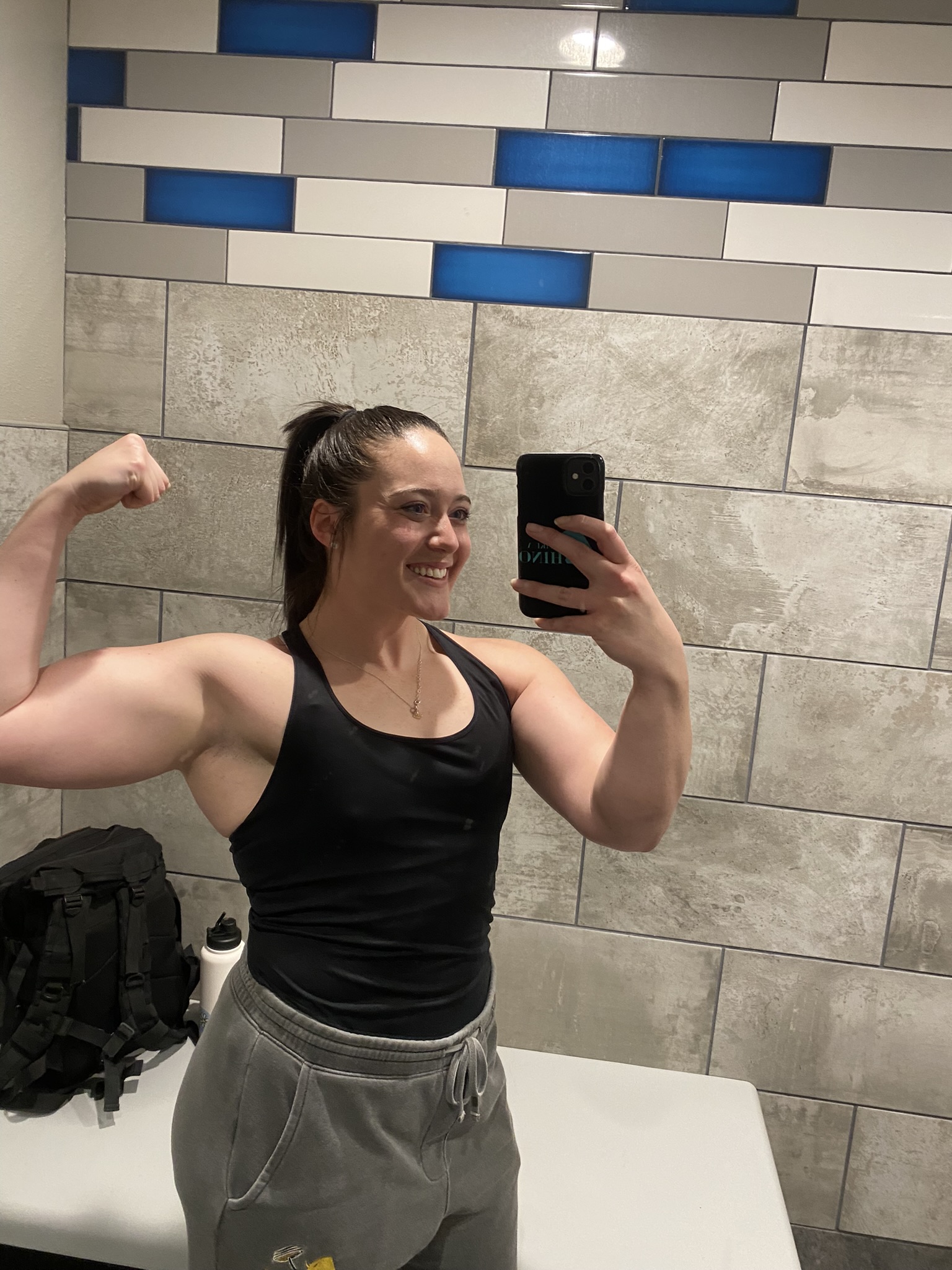
What’s been the most effective strategy for growing your clientele?
In my experience, the most effective strategy for growing your clientele is through referrals—and the way you earn referrals is by genuinely caring for the people you serve.
I believe that when you truly value your clients’ goals and progress as if they were your own, and you celebrate each step of their journey alongside them, growth happens organically. It’s not about running a turnover system or simply trying to make the next sale; it’s about building real relationships and serving people well.
Clients can feel when they are seen and valued, and when they experience genuine care, they naturally want to share that experience with others. Word-of-mouth referrals from people who trust you and have seen results are invaluable, and I believe this only comes from operating with honesty and integrity in every interaction.
At the end of the day, my goal isn’t just to grow my business—it’s to serve people, to help them reach their goals, and to honor God in the way I lead and coach. Growth becomes a byproduct of faithfully serving others with excellence.
Contact Info:
- Website: https://www.likearhino.training/
- Instagram: @likea_rhino
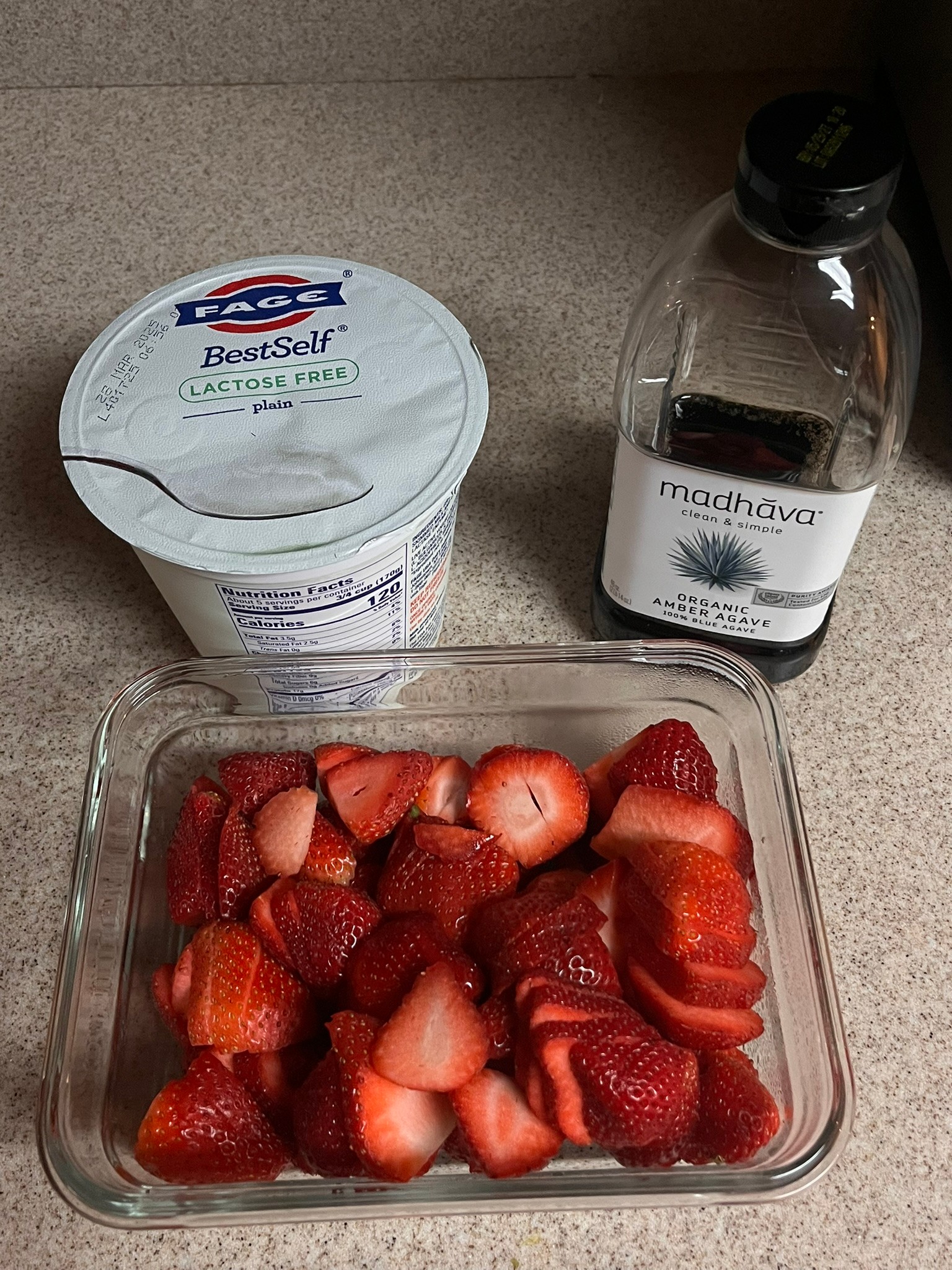
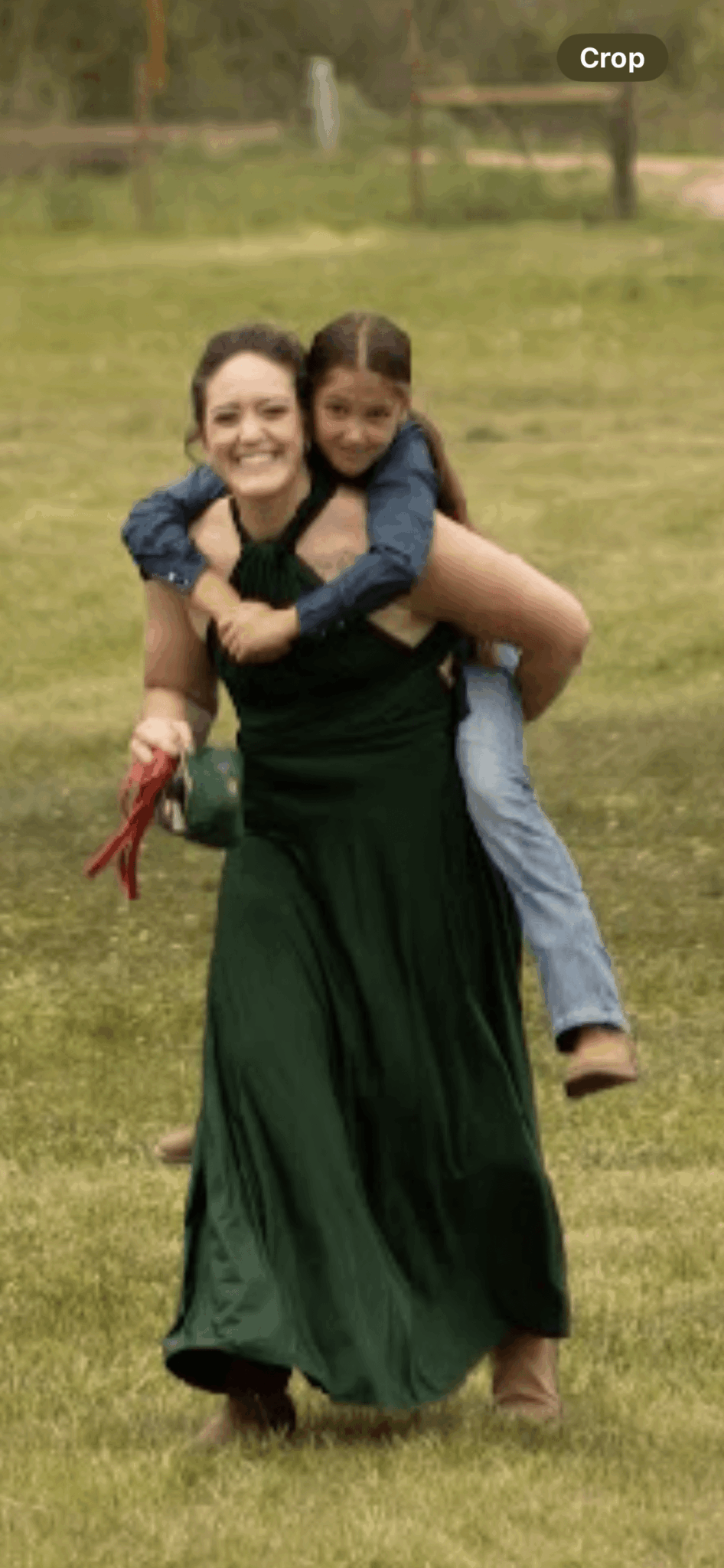

Image Credits
Bryce Hart


